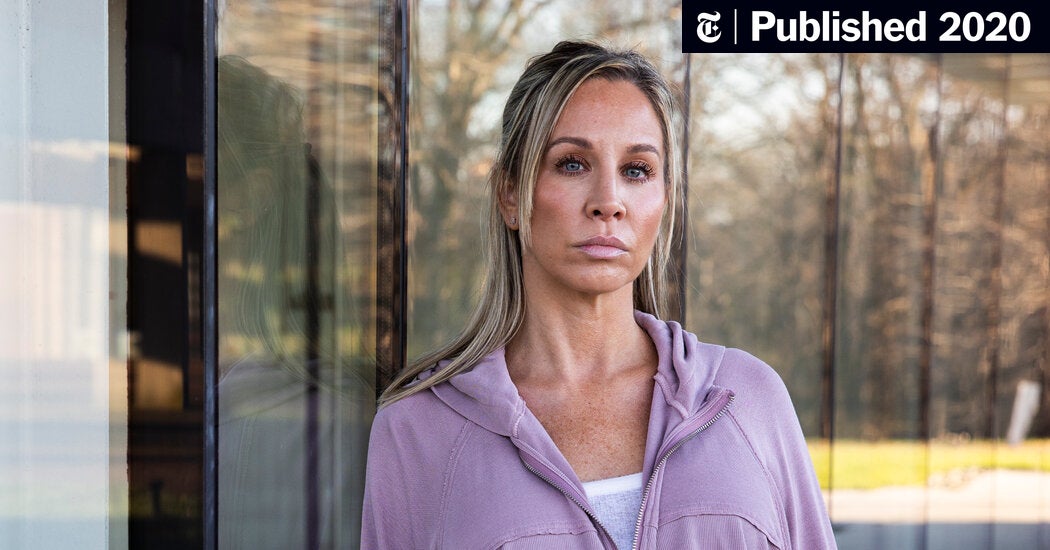@MuggleMom
In addition to McCusker, the other three gymnasts whose accusations were voided by the arbitrator were Cameran Edwards, Zoe Gravier and Skyelar Kerico. They had accused Haney of abuse and bullying that included threats and her cursing at them and calling them degrading things like lazy and emotionally disturbed, forcing them to train despite injuries and screaming at them so much that it damaged their self-esteem and made them scared of her.
In those cases, the arbitrator, in a ruling last week that was disclosed Tuesday by Haney’s lawyer, found that U.S.A. Gymnastics had failed to provide Haney proper notice of the allegations, leaving Haney without the chance to defend herself sufficiently during the hearing held in February and March.
Translating without seeing the opinion...Defendants have the right to know the accusations against them and the facts supporting the allegations in the complaint. Witnesses who may be called at the hearing must be disclosed in advance so defendants have a meaningful right to discover their testimony and defend against it. These are fundamental Constitutional rights. The article attributes USAG counsel failed to provide a complete witness list (or list of people with knowledge, depending on the procedure) and/or their proposed testimony supporting the complaint. As described, this is a first-year attorney mistake. It could have been cured by continuing the hearing and/or submitting a proper witness list.
No, not everyone is allowed to testify at a trial, nor should they be. Only fact or expert witnesses with information relevant to a complaint can provide testimony. Victim impact statements, such as found in the Nasser trial, are an exception to this rule. Think of it this way, if you take cocaine in 2000 and are transformed and become a savior to the community, the only facts relevant to allegations of a 2000 drug offense are what happened during that drug incident. Witnesses to your being a savior after-the-fact get to testify at your sentencing, but not during the fact trial because they were not present in 2000. The law looks to points in time and specific behavior, and generally not to character unless that character proves or disproves an allegation. It is possible USAG counsel took an grossly expansive view of character testimony or was unable to continue to the hearing to add the witnesses that piled on. This isn't Survivor and you can't be blindsided, even if you are Larry Nassar. Either way, it was a mistake.

